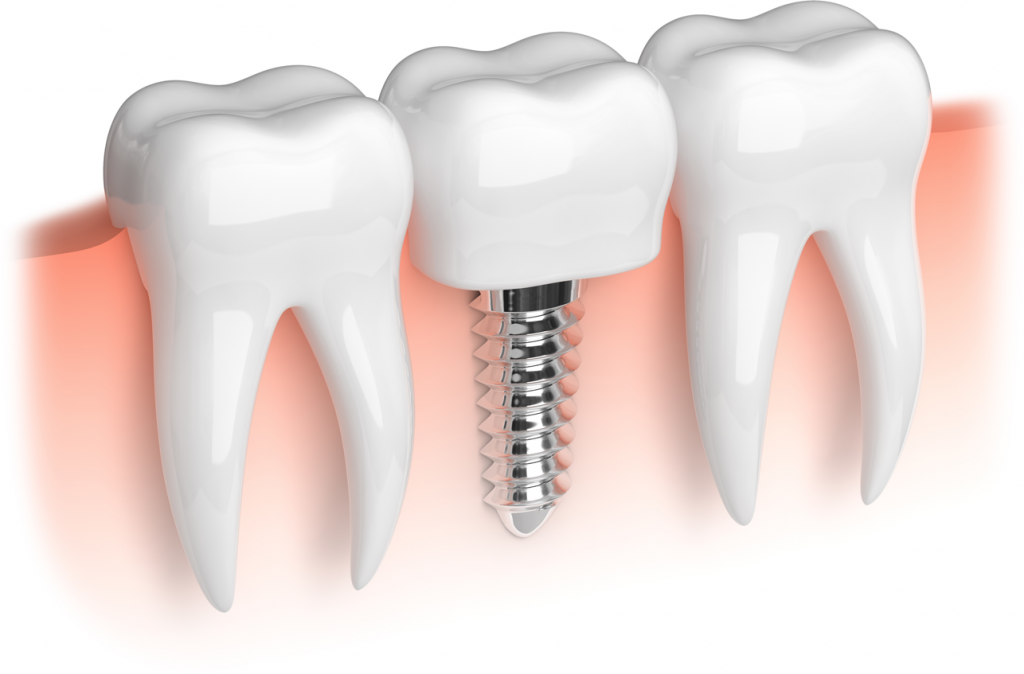A sinus lift, also known as sinus augmentation or maxillary sinus floor augmentation, is a sinus procedure that helps patients who require more room for bone, often due to the introduction of dental implants. When receiving dental implants, it is important for patients to ensure that there is enough bone available for the implant to be properly anchored in place. If there is an inadequate amount of bone available, the dental implant is much more likely to come loose or fall out altogether.
As a patient, knowing what to expect after a sinus lift can help with ensuring proper aftercare as you monitor any side effects you experience for a few days after the procedure is complete.
Sinus Lift Side Effects
Experiencing a few mild side effects after a sinus lift procedure is perfectly normal and expected, especially in the first few days following the surgery. Some of the most common side effects to expect after a sinus lift include:
- Swelling: Swelling is entirely normal around the area(s) in which your sinus cavity has been operated.
- Bleeding: Some bleeding may also occur sporadically throughout the recovery process. However, if the bleeding is excessive or abnormal in any capacity, contact your surgeon immediately or get in touch with your nearest ER.
After the sinus lift procedure is complete, you can also expect numbness to a degree, depending on the extensiveness of your surgery. The amount of numbness you feel and experience will also depend on the type of anesthesia that was administered during the sinus lift itself.
Home Care After a Sinus Lift
Once you return home after your sinus lift procedure, you may be wondering what you need to do next to ensure a smooth recovery process. In the immediate 24 hours following a sinus lift, keep the following home care tips in mind:
- Avoid eating foods that are extremely cold or extremely hot, as these may irritate and/or inflame the sinus cavity.
- Stick to a liquid (or soft) diet for the first 24 hours after your sinus lift to avoid irritating the areas that may still be tender and sensitive.
- Keep your head elevated and, when resting, do so in a prone position.
- Use both cold and hot therapy on the exterior of your mouth, jaw, and nose as needed to feel relief.
“While you are in the process of recovering from your sinus lift procedure, it is also advisable to do minimum strenuous activity, even if you do not believe the activity will interfere with the healing of your sinuses,” says Ehsan Pourshirazi, DDS, expert on dental implant surgery. “Although this may be true most of the time, strenuous activity still puts your sinuses at risk of pushing too much blood through an area that is still healing from a recent surgery.”
Additionally, if you are someone who has a sensitive nose or if you experience frequent allergy attacks, it is highly recommended to take allergy medication or an antihistamine in the first 24 hours after your sinus lift procedure. Sneezing intensely or with an excessive amount of force can also cause discomfort and trigger an onset of bleeding due to the increased sensitivity of the sinus cavity and surrounding area.
Medications After a Sinus Lift
Sticking to medications that are prescribed to you after a sinus lift is imperative, especially those that are prescribed to you in order to help smooth the healing and recovery processes. At times, patients may be prescribed an antibiotic to be taken daily (or more than once daily) after a sinus lift is complete. An antibiotic can help to prevent and ward off infections while reducing potentially harmful bacteria from triggering a new infection in the sinus cavity area.
When recovering from a sinus lift, it is also recommended to take non-narcotic medications for pain and OTC, or over-the-counter pain relievers such as ibuprofen to help with minimizing inflammation and decreasing swelling as your sinuses recover. If your surgeon prescribes a narcotic, be sure to inquire about dosage and stick to any instructions provided before you begin any new medication.
Lifestyle Changes After a Sinus Lift
While the recovery period of a sinus lift can last only a week, some individuals prefer taking it easy for up to a month after the procedure. Avoid smoking of any kind for a minimum of one week after your sinus life. Additionally, it is also recommended to avoid extremely strenuous activity or exercise for at least one week after your sinus lift to minimize the risk of forcing blood to rush towards the sinus cavity, where it is still healing.
It is also common to feel a new pressure sensation in and around your sinus cavity, especially during the first few days and up to the first week after your procedure is complete. If you notice white particles inside your mouth following your sinus lift, do not be alarmed. This is typically an indication that the sutures used inside of your sinus cavity are healing and dissolving on their own.
Understanding all that a sinus lift entails can help you to feel more prepared both physically as well as mentally once you have scheduled a procedure of your own. When you are familiar with what to expect after a sinus lift and how to properly administer self-care during recovery, you can schedule your sinus lift procedure while maintaining your peace of mind throughout the entire process.


